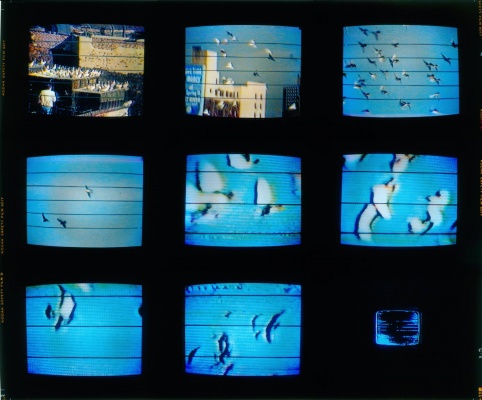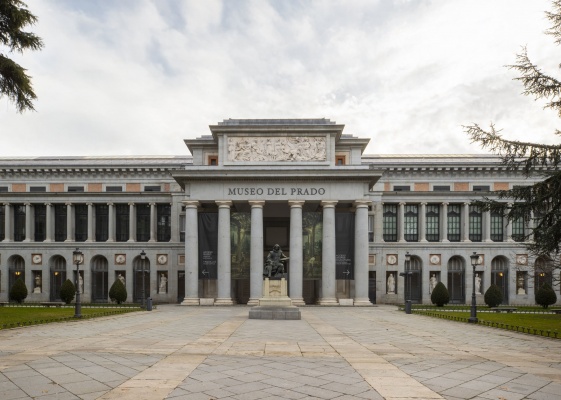Descripción de la Exposición
The first survey exhibition of Erika Verzutti (b. 1971, São Paulo) in the United States, New Moons provides an expansive view of the Brazilian artist’s bold and influential practice. It presents over 60 wall works and sculptures made over the past fifteen years, encompassing materials that are both permanent and expendable, such as bronze, clay, aluminum, Styrofoam, papier machê, wax, and porcelain. The artist integrates a multitude of references from art and architectural history alongside references to plant, human, and animal life as well as everyday and spiritual objects. The result is both singular new forms and chains of associations. Sometimes, her sculptures replicate through multiple versions, or what have been called “families.” Verzutti’s genealogies intersect with motifs such as eggs and orbs, the outlines of body parts, and traces of the work’s making—evidenced in marks from tools and the artist’s own fingerprints. The pervasive presence of Verzutti’s hands and tools reminds viewers that the artist is not just taking—not just absorbing her references into her creations. Rather, she is emphasizing a relation of transference, projection, and personification.
Moons recur throughout Verzutti’s work as symbols of renewal and the multiple phases and cycles that one person or entity can take. They also form a frame for the exhibition. In the artist’s practice, moons are part of a cosmos, alongside stars and asteroids, that signal a planetary perspective. This pulled-back viewpoint blurs the tensions and divisions on Earth, forming the basis for an artistic practice that seeks—in its strangeness and discontinuity—to break down prevailing orders, hierarchies, and divisions of knowledge classification.

Exposición. 08 may de 2025 - 14 sep de 2025 / MNAC - Museu Nacional d'Art de Catalunya / Barcelona, España

Formación. 30 oct de 2025 - 11 jun de 2026 / Museo Nacional del Prado / Madrid, España